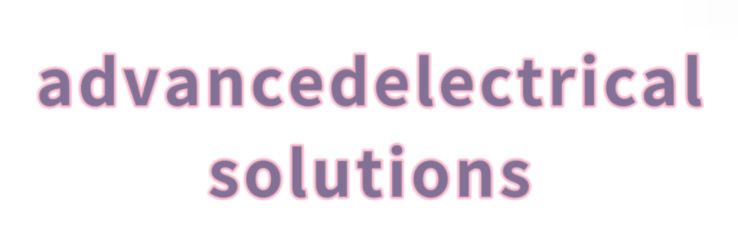Key Considerations for Choosing the Right Propane Gas Fire Pit Regulator
When it comes to creating a cozy outdoor space, gas fire pits have become increasingly popular. However, to ensure a safe and efficient experience, one of the most crucial components is the propane gas fire pit regulator. Selecting the right regulator can significantly impact not just functionality but also safety and cost-effectiveness. Here are the key considerations to keep in mind when choosing the right propane gas fire pit regulator.
Understanding Propane Gas Regulators
A propane gas regulator is designed to control the flow of gas from the propane tank to the fire pit. This device is essential for maintaining a consistent pressure and ensuring that your fire pit operates smoothly. Understanding the different types of regulators available in the market can lead to a more informed decision.
Key Considerations
1. Type of Regulator
There are generally two types of propane regulators: low-pressure and high-pressure regulators. For most residential fire pits, low-pressure regulators are adequate as they provide a more consistent and safe flow of gas. Understanding your fire pit requirements can help you choose the correct type.
2. BTU Rating
Every propane gas appliance comes with a BTU (British Thermal Units) rating that indicates its heating capacity. Ensure that the regulator you choose matches or exceeds the BTU rating of your fire pit. This ensures optimal performance and heat output.
3. Adjustable vs. Fixed Regulators
Consider whether you need an adjustable regulator or a fixed one. Adjustable regulators allow for flexibility in gas flow, making them ideal for fire pits that require varying lengths of use or different operating conditions.
4. Material and Durability
Regulators are typically made from a variety of materials, including brass and aluminum. Brass regulators tend to be more durable and resist corrosion, making them suitable for outdoor environments.
5. Compliance with Safety Standards
Always check if the regulator complies with safety standards like the American National Standards Institute (ANSI) guidelines and Underwriters Laboratories (UL) certifications. This ensures that the regulator is safe for use and meets industry standards.
Additional reading:How Does a Propane Gas Fire Pit Regulator Work?
Unique Research Findings
10 Questions You Should Know about Ultrasonic Testing Equipment Costs
Understanding DFT Measurement Instruments: A Comprehensive Guide
How Freq Analyzer Can Transform Our Learning?
How Bluetooth Current Sensors Improve Energy Monitoring?
How Does a Frequency Counter Work?
Straight Probe: Revolutionizing Precision Measurements in Tech
A recent survey conducted among fire pit users revealed that 78% of respondents faced some issues associated with using the wrong type of regulator. Additionally, 65% did not consider the BTU rating when purchasing their regulator, leading to inefficient performance. This research highlights the importance of understanding the specifications before making a purchase.
Visual Data Representation
Here is a diagram that shows the relationship between regulator type, BTU ratings, and fire pit performance:
- Low-Pressure Regulators: 10-20 BTUs
- High-Pressure Regulators: 20+ BTUs
- Adjustable Regulators: Allows for customization based on fire pit needs
This data underscores why careful consideration is crucial when selecting a propane gas fire pit regulator.
In Conclusion
Choosing the appropriate propane gas fire pit regulator is integral to ensuring both safety and efficiency in your outdoor space. By considering the type, BTU rating, adjustability, material, and compliance with safety standards, you can make an informed decision that enhances your fire pit experience.
If you found this guide helpful, consider sharing it with others in your community. And, for more intricate details on propane gas fire pit specifications, be sure to check out our latest research publications.
Contact us to discuss your requirements of Propane Gas Fire Pit Regulator, Lpg Regulators Wholesale, Double Aluminum Gas Valve. Our experienced sales team can help you identify the options that best suit your needs.
Additional reading:How to Choose the Right Industrial Frequency Counter?
Advantages and Applications of Longpass Filters
How Can Ultrasonic Testing Improve Your Quality Assurance Processes?
None

Comments